At the meeting, Minister and Head of the Government Office Tran Van Son announced the decision to reorganize the Prime Minister's Advisory Council on Administrative Procedure Reform, chaired by the Minister and Head of the Government Office. The Council has the function of advising and proposing to the Prime Minister reform initiatives on mechanisms, policies, and administrative procedures related to production, business activities, and people's lives; and evaluating the implementation of administrative procedure reform in ministries, branches, and localities.
According to the report at the meeting, the established Working Group and the strengthened Advisory Council have contributed to overcoming weaknesses in the implementation and organization of administrative procedure reform, mobilizing the broad participation of the business community and people in the Government 's reform process, ensuring that the reform is oriented towards the people, serving the people as well as improving the ability to respond to policies. Although newly established, the Working Group has initially promoted its role in assisting the Prime Minister in directing and urging ministries, branches and localities to implement the goals, tasks and solutions on administrative procedure reform. In 2023, the Working Group basically completed 12/13 tasks, the Advisory Council completed 11/15 tasks according to the Action Plan.
Deputy Prime Minister Tran Luu Quang chaired the meeting. Photo: Lam Khanh/VNA
According to the report, innovation in the implementation and settlement of administrative procedures has been focused on. To date, more than 4,500 online public services have been provided on the National Public Service Portal and the integration of 25/25 essential public services under Project 06 has been completed. The rate of online records of ministries and branches reached 30.4%, an increase of 1.4 times compared to 2022; localities reached 37.4%, an increase of 3.7 times. The rate of digitization of administrative procedure settlement results at ministries and branches was 28.59%, an increase of 11%, and localities was 39.48%, an increase of 31.44%.
Despite achieving many remarkable results, the activities of the Working Group still have some shortcomings and limitations such as: Administrative procedures in some fields are still cumbersome and complicated. Some ministries, branches and localities have not yet processed all work records in the electronic environment, there is still a situation of receiving electronic records but the internal processing process is still on paper, affecting the provision of electronic results and reusing existing data in the administrative procedure settlement information system. Internal administrative procedures in each agency have not been reduced or simplified; some members have not promoted their roles and responsibilities in directing and urging ministries, branches and localities assigned to carry out assigned tasks.
At the meeting, representatives of domestic and foreign business associations raised a number of shortcomings and problems regarding on-site import and export taxes, social insurance, interest rates on old loans, environmental protection, origin of goods, etc.
Concluding the meeting, Deputy Prime Minister Tran Luu Quang acknowledged and highly appreciated the efforts of the members of the Working Group and the Advisory Council on the results achieved in administrative procedure reform in various fields in 2023, especially in strongly promoting decentralization to localities. The Deputy Prime Minister also emphasized that there is still much work to be done, many obstacles, and very difficult tasks, so we must continue to make efforts and change our thinking and ways of doing things.
Deputy Prime Minister Tran Luu Quang and members of the Prime Minister's Administrative Procedure Reform Working Group and the Prime Minister's Administrative Procedure Reform Advisory Council. Photo: Lam Khanh/VNA
The Deputy Prime Minister noted the consistency in regulations in laws, circulars and decrees. In addition, there are regulations that are not suitable for the current development level of the country and the general development trend while Vietnam is increasingly integrating deeply into the world; and the situation of shirking responsibility is caused by internal administrative procedures of central and local agencies.
Regarding administrative procedures in new fields such as digital transformation, green transformation, artificial intelligence, new energy, e-commerce, innovation, etc., the Deputy Prime Minister emphasized the spirit of trying harder to overcome difficulties.
Regarding the tasks in the coming time, the Deputy Prime Minister requested the members of the Working Group to continue to maintain the reception mechanism in many forms, including direct dialogue and handling information and feedback in a very responsible manner, first of all information, feedback and suggestions from the Administrative Procedure Reform Advisory Council. Regarding the Advisory Council, the Deputy Prime Minister hoped that the members of the Council would share information and give timely and clear advice to the Working Group.
The Standing Committee of the Working Group and the Standing Committee of the Advisory Council coordinate to advise on the list of tasks that ministries and branches must implement with specific completion deadlines; synthesize and report on implementation results in the next meeting.
The Deputy Prime Minister emphasized the general spirit that whichever ministry or sector is responsible for the task, that ministry or sector should proactively handle it according to its authority; issues beyond its authority should be reported to the Working Group to propose to the competent authority for handling.
The Deputy Prime Minister also agreed in principle on the need to hold specialized meetings on administrative procedure reform in specific areas such as e-commerce, insurance, tax, etc. to further improve the quality and effectiveness of administrative procedure reform.
According to VNA/Tin Tuc Newspaper
Source










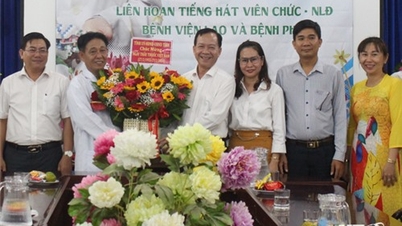
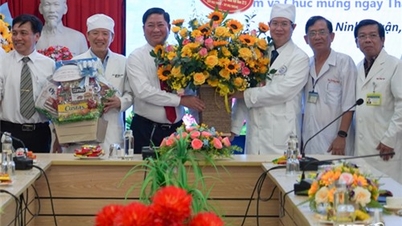
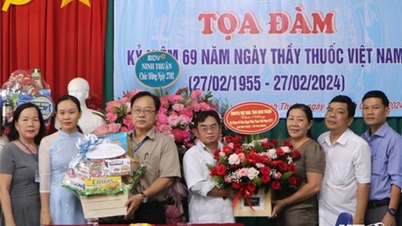
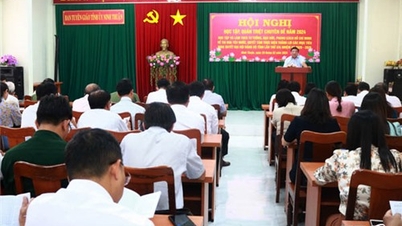

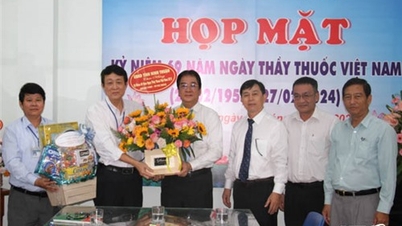
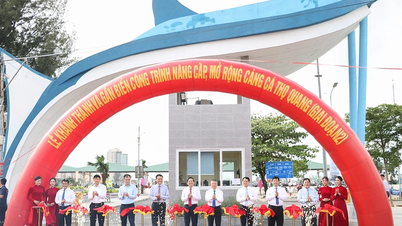













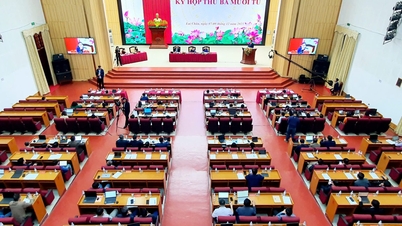
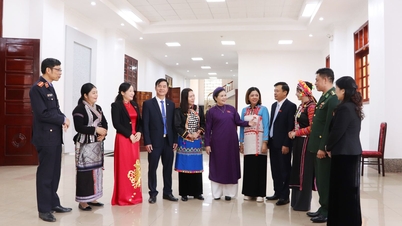
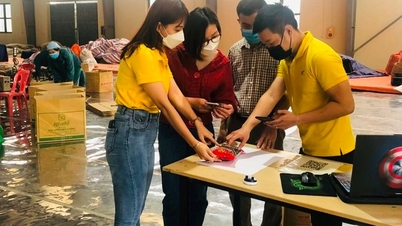
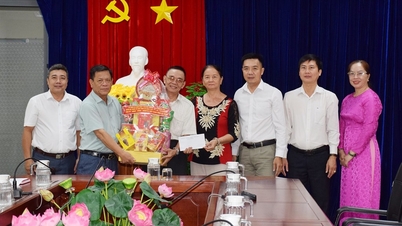
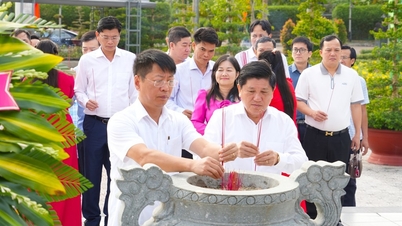
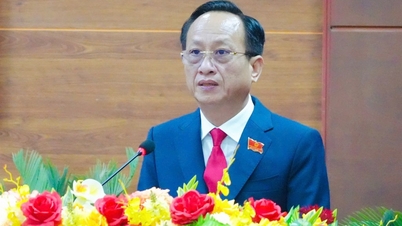

























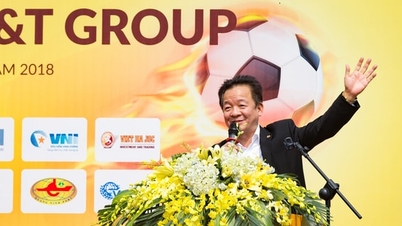





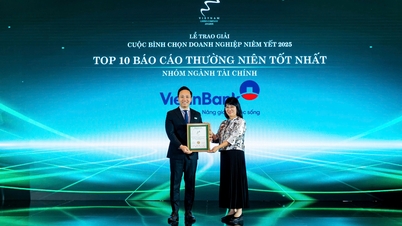








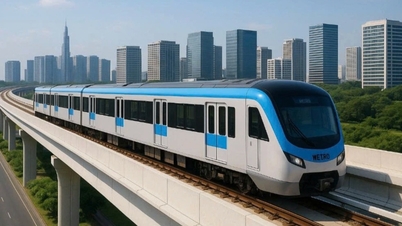


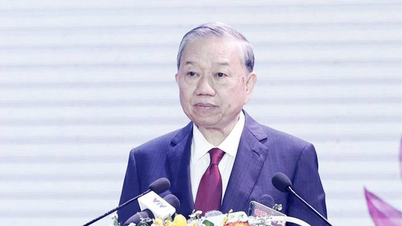






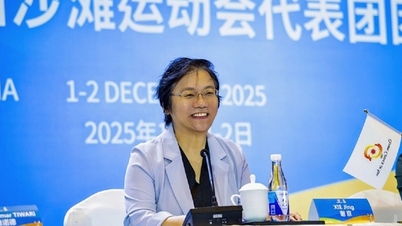

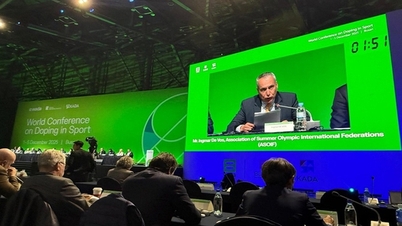
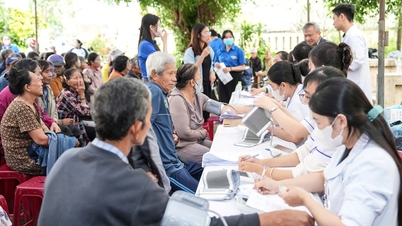

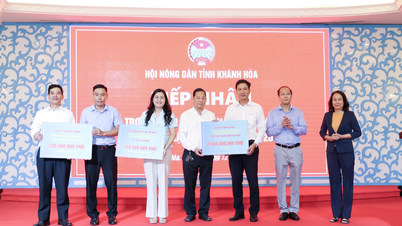

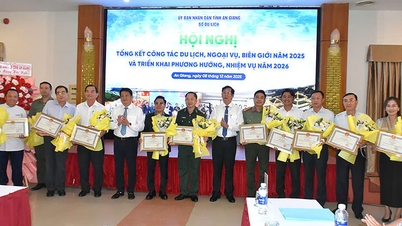

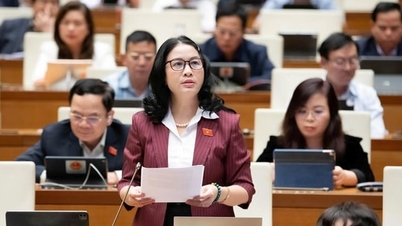
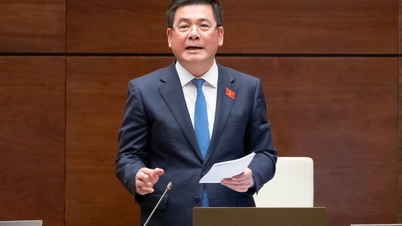

















Comment (0)